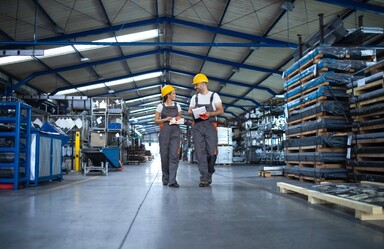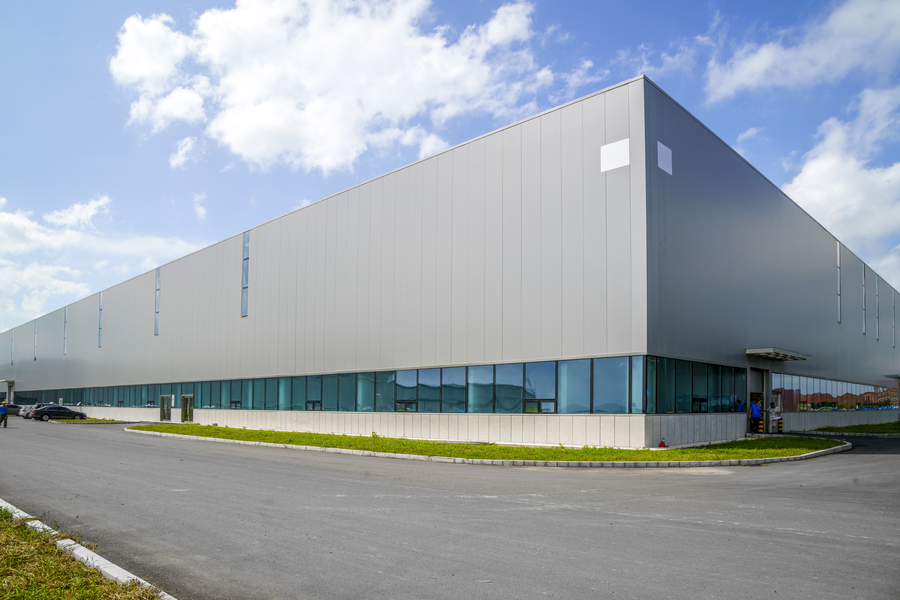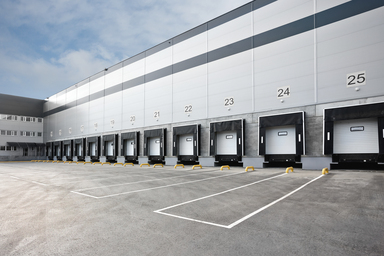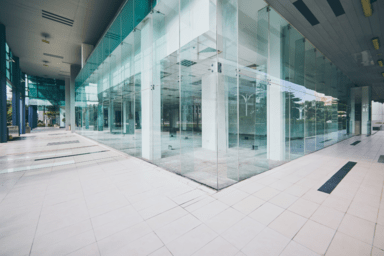
Up to 96% of logistics tenants in Europe plan to expand their space

- In the case of the medium term, tenants are already more cautious in their estimates
- At least a third of respondents identified as key factors when choosing a location and 5 when choosing a building. Compared to previous years, tenants are significantly more selective
- The willingness to pay for ready-to-use properties with a zero carbon footprint is significantly higher (65%) than the willingness to invest in eco-certified buildings (47%)
According to the latest CBRE survey, as many as 96% of logistics tenants in Europe plan to expand their capacity in the next 12 months, to a greater or the same extent as during the past year.
Medium-term expectations are sober
Looking at the plans for the next 3 years, respondents are more cautious in their expectations. Only 46% of them plan to expand their premises in this horizon. This demand is driven mainly by third-party logistics service providers, which confirms the trend of outsourcing supply chains and the interest of companies in the field of postal and parcel services.

"Tenants' plans for medium-term expansion have changed. This is a natural response to the current geopolitical situation and the current macroeconomic challenges. At the same time, however, they have more options than during the pandemic, which gives them room for further negotiations on the price of rents or the modernization of warehouses."
Tenants look at several key factors when choosing
The current situation is good for tenants. CBRE's survey found that they are more demanding and selective in their choice of locations and properties. At least a third of respondents identified as key as many as 7 factors when choosing a location and 5 factors when choosing a building. For comparison, last year it was 5 and 4, and in 2023 only 4 and 1.
The price of real estate is definitely no longer the only factor
When choosing a property, tenants no longer look exclusively at prices. Broader strategic business aspects and the effort to optimize their portfolio are also important to them.

"At the location level, the cost of renting a property is no longer the biggest priority. Respondents identified availability and labor costs as more important, followed by the availability of the property itself. At the building level, however, the cost of real estate remains a decisive factor. Sustainable elements and a stable energy supply are also increasingly important in decision-making."
Respondents' willingness to invest in zero-carbon ready-to-operate devices (65%) is significantly higher than their willingness to pay for eco-certified properties (47%). Half of the tenants said they aim to have properties with a zero carbon footprint by 2030. Compared to last year, however, several have postponed their plans. This may have been mainly due to a more realistic view of the costs associated with this transition, as many tenants have started to develop detailed and realistic strategies for the transition to carbon neutrality.
"In particular, tenants want to see clear, tangible benefits instead of achieving various certifications. Heat pumps or battery storage are just some of the ESG elements that are directly reflected in the business advantage of buildings," concludes Cerulík.

